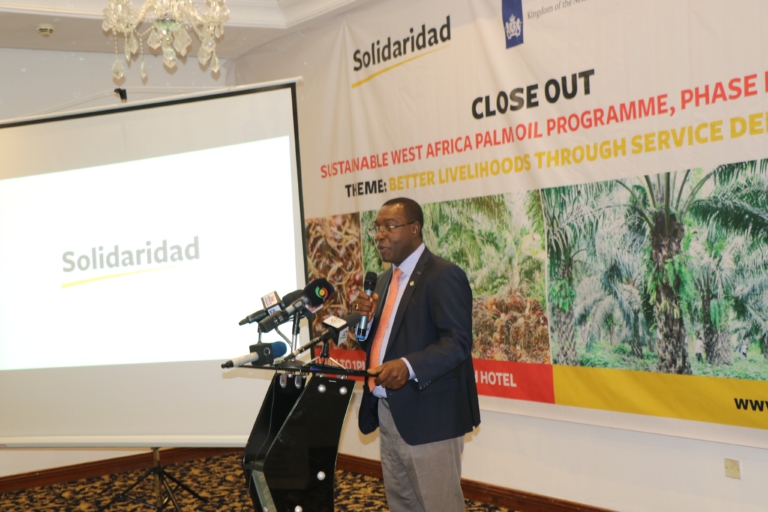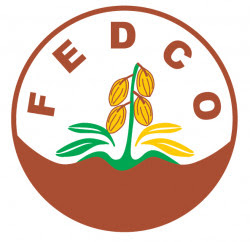A new global report, Palm Oil Barometer 2025: Procurement for Prosperity, has called for urgent reforms in how palm oil is sourced worldwide, urging companies and governments to ensure that smallholder farmers—especially in West Africa—earn a fairer share of profits.
Produced by Solidaridad and supported by farmer groups and sustainability experts, the report exposes deep-rooted inequalities in the palm oil supply chain. While smallholders produce the majority of palm oil in countries like Ghana, Nigeria, Côte d’Ivoire, and Sierra Leone, they continue to earn the least and face persistent barriers to improving their livelihoods.
Smallholder farmers are responsible for up to 81 percent of palm oil production in West Africa. Yet, many of them operate with outdated tools, poor market access, and insecure land rights. These conditions result in low yields and income instability, locking farmers into cycles of poverty and underproduction.
A farmer from Ghana’s Eastern Region, Michael Opong, described the challenges on the ground: “Even with training, our incomes are too low to invest in improvements. This keeps productivity stagnant and prevents the sector from growing.”
The Palm Oil Barometer warns that such structural inequity poses a serious threat to the long-term viability of the palm oil industry and regional food security. To address this, the report recommends a shift from mere sustainability certifications to deeper, more equitable partnerships with small-scale producers.
It urges palm oil companies to implement fair trading practices, invest in farmers’ skills, and ensure that pricing reflects the true costs of sustainable production. The report also calls for the inclusion of smallholders in decision-making processes and efforts to close the income gap within the value chain.
Solidaridad’s Senior Policy Advisor, Marieke Leegwater, emphasized the need for a more inclusive supply chain that prioritizes fair prices and long-term sustainability. Likewise, industry advisor Muthalir Ramasamy Chandran, speaking on behalf of the Roundtable on Sustainable Palm Oil, urged governments and corporations to adopt new business models that empower smallholders rather than sideline them due to compliance risks.
The report concludes with a strong warning: failure to address these issues will not only deepen poverty for millions of farmers but may also drive environmental harm as communities seek alternative survival strategies.










